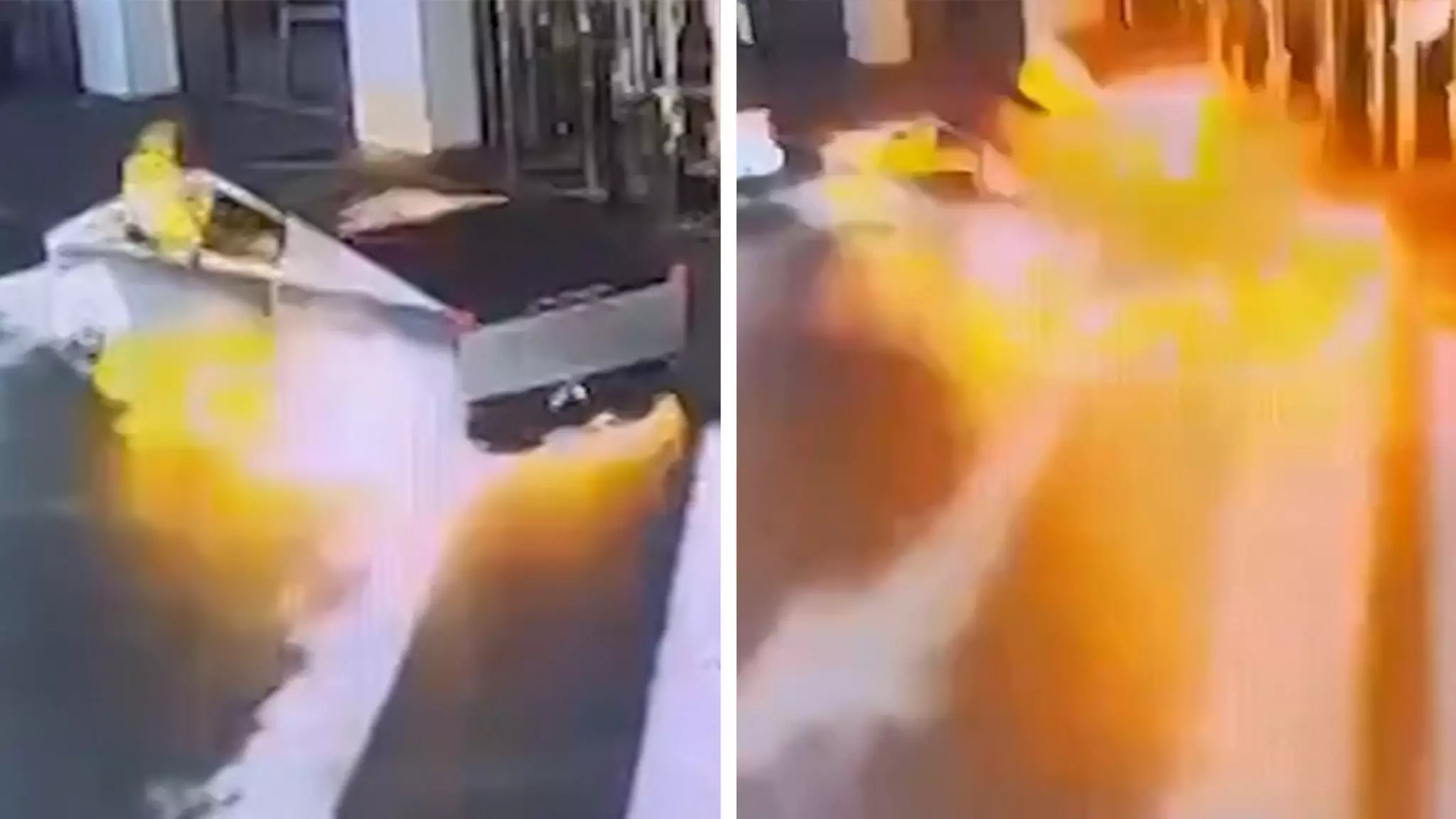The New Year often heralds celebrations and festivities, but the start of 2025 brought tragedy to Las Vegas. On January 1st, a Tesla Cybertruck exploded outside the Trump International Hotel, leaving devastation in its wake. Authorities quickly descended upon the scene, prompted by reports of a fierce blast that sent flames shooting into the air, creating chaos and panic among bystanders. This incident has since escalated into a full-scale investigation, raising critical questions about safety and security in urban settings.
Shortly after the explosion, the Las Vegas Sheriff’s Department confirmed the shocking reality of the situation: one person lost their life, and several others suffered injuries, albeit reportedly minor. Sheriff Kevin McCahill stated during a press conference that the nature of the explosion was under investigation, with law enforcement agencies, including the FBI, exploring the possibility of a terrorist act. The FBI’s interest indicates the severity of the incident and underscores the broader implications for public safety.
Initial reports suggest that the explosion was compounded by large quantities of fireworks-like mortar materials inside the Cybertruck. Such a revelation deepens the mystery surrounding the vehicle—was this an intentional act, or was the vehicle merely a victim of a catastrophic accident? As authorities sift through debris for answers, the chilling ramifications of the blast linger in Las Vegas’ vibrant atmosphere.
Video footage of the explosion reveals a harrowing scene; flames engulf the Cybertruck, and sparks fly in all directions, accentuating the chaos. Observers recounted the moment of the blast, describing how they heard an ominous sound followed by the vivid display of fire. The hotel’s emergency alarms blared, keeping guests and staff on high alert.
In the wake of this tragedy, Eric Trump, the Executive Vice President of the Trump Organization and son of former President Donald Trump, released a statement underlining the company’s commitment to the safety of its guests and employees. His response reflects a broader sentiment among hotel operators and business owners: the urgency of maintaining security in our public spaces.
This incident serves as a chilling reminder of the vulnerabilities faced by urban areas, particularly tourist hotspots. Las Vegas is synonymous with glamour and entertainment; however, the explosion acts as a stark reminder to both local authorities and the public about the potential threats lurking within seemingly ordinary situations. As the investigation unfolds, experts in urban safety and security will likely call for enhanced measures to protect citizens and tourists alike.
Additionally, the fact that the explosion occurred outside a high-profile hotel frequented by politicians and celebrities elevates the stakes. The interplay between public safety, corporate responsibility, and governmental oversight will be scrutinized in the aftermath. Authorities will need to address not only the immediate effects of this incident but also the long-term strategies for preventing similar occurrences in the future.
As the dust settles and investigations continue, it becomes increasingly clear that the explosion of the Tesla Cybertruck outside the Trump International Hotel is more than a mere headline—it’s a matter demanding serious reflection. The incident raises essential questions about our current approaches to public safety and the long-standing dilemmas of urban risk management.
As the world watched the tragedy unfold, citizens are reminded of the fragile nature of security and the urgent need for reform. Whether this incident was an act of malice or a regrettable accident, it is evident that vigilance, preparedness, and community awareness must be at the forefront of our collective response to such incidents. With the New Year underway, let this tragic explosion serve as a powerful catalyst for change, urging individuals and institutions to prioritize safety above all else.

